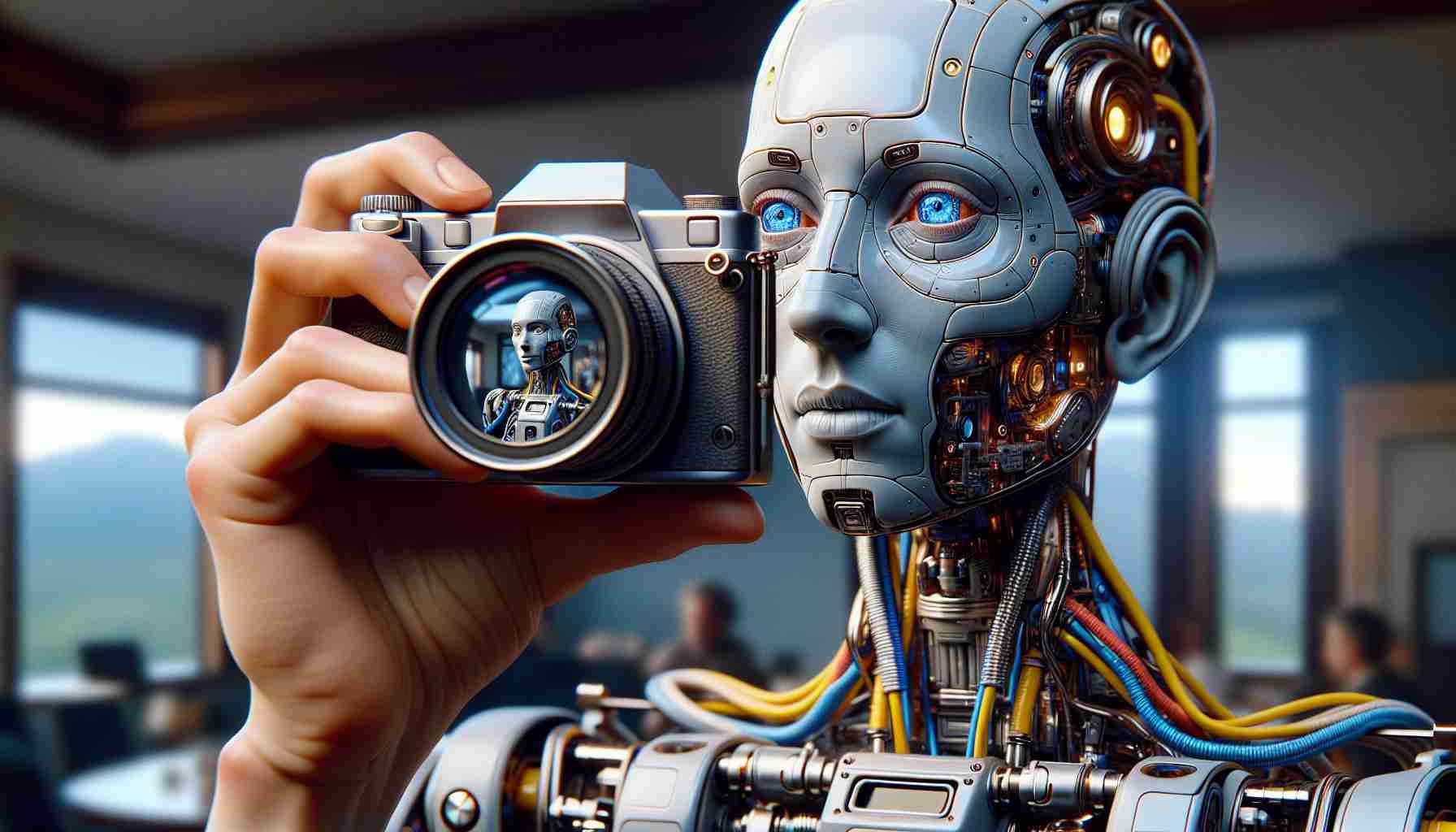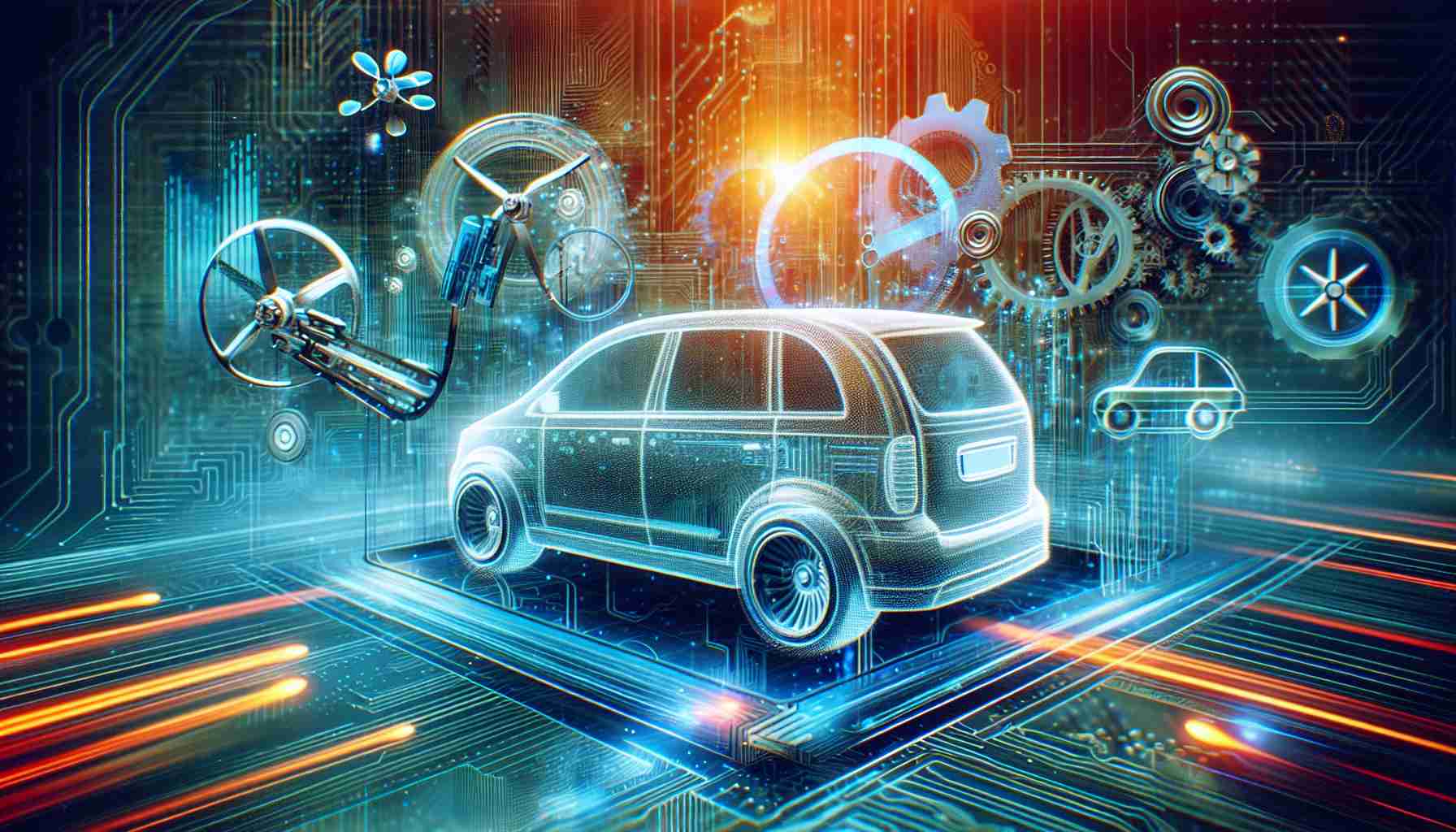Artificial Intelligence (AI) is touted as a miraculous breakthrough, but is it also paving the way to a dystopian future? While AI offers immense opportunities, it is crucial to scrutinize the potential negative impacts it might unleash on society.
First and foremost, job displacement remains a significant concern. As AI systems become more advanced, they are increasingly capable of performing tasks traditionally carried out by humans. According to a study by the McKinsey Global Institute, automation could displace up to 800 million jobs by 2030, risking widespread unemployment and worsening income inequality. This poses a severe economic challenge as economies must adapt to shifting job markets.
Moreover, the ethical implications of AI are troubling. AI systems mimic human decision-making processes, yet they lack moral and ethical understanding. Instances of AI exhibiting biased behavior have raised alarms; these biases often stem from the data they are trained on. Without careful oversight, AI can inadvertently perpetuate societal prejudices and discrimination.
Another pressing issue is privacy and surveillance. AI technologies significantly enhance surveillance capabilities, raising concerns about individual privacy violations. Nation-states and corporations backed by AI can conduct mass surveillance, potentially leading to authoritarian control and loss of personal freedoms.
Finally, the lack of regulation in AI development is worrying. The rapid pace of AI advancements often outstrips the development of regulatory frameworks necessary to govern it. This unregulated growth can lead to unforeseen consequences, potentially making AI a powerful tool in the wrong hands.
In conclusion, while AI’s potential benefits are undeniable, it is imperative to remain vigilant of its risks and work towards robust frameworks that ensure AI serves society ethically and equitably.
Why AI Could Spell Trouble for the Future of Education
As the world marvels at the advancements of Artificial Intelligence (AI), a new debate emerges: how might AI be a harbinger of negative consequences for the education sector and society at large? Beyond job displacement and privacy concerns, AI stands to revolutionize education in ways that may not be universally beneficial.
Educational Inequality is a critical issue at the forefront of this debate. AI-powered educational tools promise personalized learning experiences, but they often rely on data that can inadvertently reinforce existing disparities. For instance, students from affluent backgrounds might have access to better digital infrastructure and data, thereby exacerbating the educational divide between socio-economic groups.
AI’s potential to develop overreliance on technology is another concern. As AI systems become integral to the learning process, there’s a danger of students relying too heavily on these tools at the expense of critical thinking and problem-solving skills. Could this lead to a generation lacking essential cognitive abilities?
Furthermore, there’s a growing suspicion about data exploitation. Companies developing AI for educational purposes often harvest vast amounts of student data. What safeguards are in place to prevent misuse of this data, and who holds accountability if a breach occurs?
While the allure of AI in revolutionizing education is irresistible, it’s imperative to question its unchecked integration. With rigorous scrutiny and robust oversight, AI’s immense power can be steered towards equitable and ethical education reform.
For further insights on the ethical implications of AI, visit AI Ethics.






















